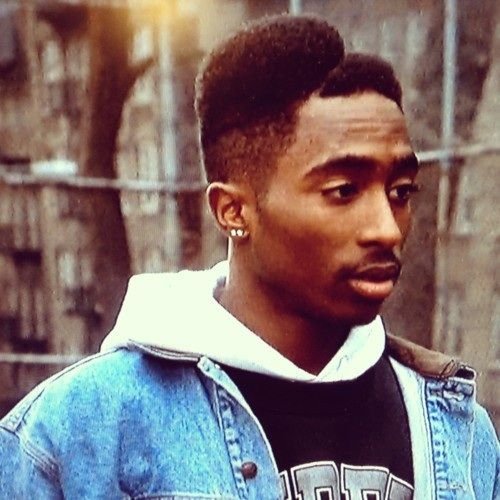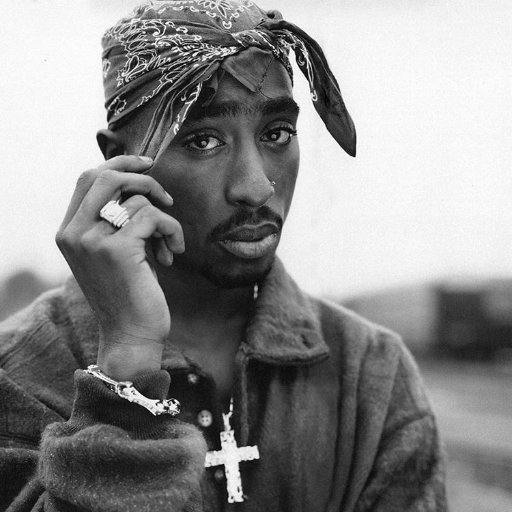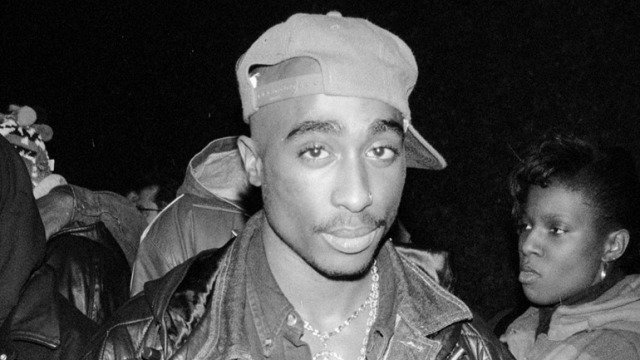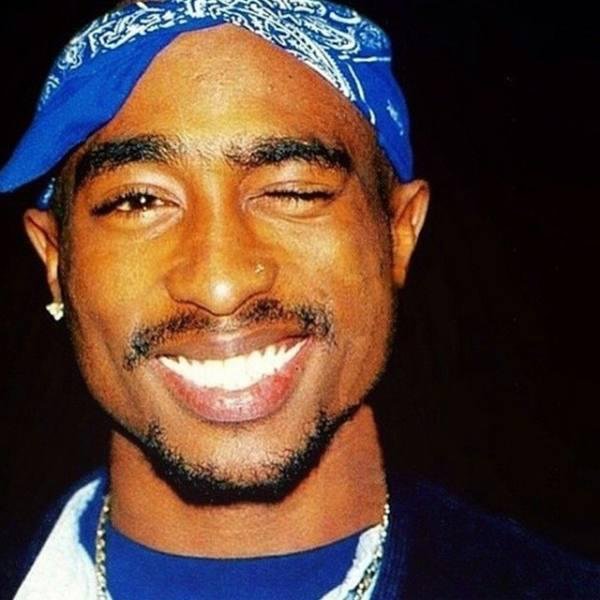“Keep Ya Head Up” from the late Tupac Shakur’s 1993 Strictly 4 My N.I.G.G.A.Z. album has arguably had the greatest musical impact on me. In this rap song, Tupac masterfully utilizes his command of poetry to delineate a few of the problems black women face in the black community. He paints vivid pictures of many of the mistreatments black men inflict on the women in the community and urges all black women to learn to forgive but not to forget the injustice. This specific song reinforces my admiration for Tupac, who was himself a very controversial character, and was often recognized for his bad publicity. At one instance of the song, the simplicity with which he admonishes black women to leave their men when they cannot love them is worth note, “And when he tells you you ain’t nothin’, don’t believe him, And if he can’t learn to love you, you should leave him, Cause sister, you don’t need him.” The subtlety of this song lies not in Tupac’s cleverness to side with the women but also in his bold attempt to remind the men of their injustice. Using a very blatant approach, Tupac highlights some of the issues that could result from these apathetic behaviors and challenges men to rectify their behavior with these eloquent lines,

“You know what makes me unhappy
When brothers make babies, and leave a young mother to be a pappy
And since we all came from a woman
Got our name from a woman and our game from a woman
I wonder why we take from our women
Why we rape our women, do we hate our women
I think it’s time to kill for our women
Time to heal our women, be real to our women
And if we don’t we’ll have race of babies
That will hate the ladies that make the babies (Shakur)”

In what may appear as an obvious scolding of black men, Tupac depicts his disappointment, and with it, the consequences of the actions of men who proceeded on the same path. It is interesting because Tupac, who assumes the voice of inspiration here, was himself a victim of the injustice he was rapping about. Tupac grew up without a father, and was also thrown out on the streets in his late teens by his crack addicted mother. My entire respect for Tupac revolves around how he was able to derive inspiration within himself to be an instrument of positive change amidst his many misfortunes.

The relevance of issues such as women abuse, single parenting, and poverty that Tupac rapped about remains as potent today as they were in the early 90’s when the album was originally released. Tupac wields the ability to thrust his listener right in the midst of the issues, educating them about the black community. This song is personally significant to me because I have witnessed many of these mistreatments myself. I have seen my own brothers impregnate women and leave them to care for the children alone. It’s been almost 17 years now since Tupac died and yet many of the things he spoke of persist. Often times I wonder if his struggle and eventual demise made any difference. Yet along these same lines, I also ponder if the destruction of such an eloquent soul were to have affected no change, what would it take for the black men in the community to relent and finally make amelioration? None of these concerns however seem to stop me from listening to Tupac whenever I need to be reminded of the ongoing struggles in the black community.

Congratulations @sylvester152535! You have completed some achievement on Steemit and have been rewarded with new badge(s) :
Click on any badge to view your own Board of Honor on SteemitBoard.
For more information about SteemitBoard, click here
If you no longer want to receive notifications, reply to this comment with the word
STOP